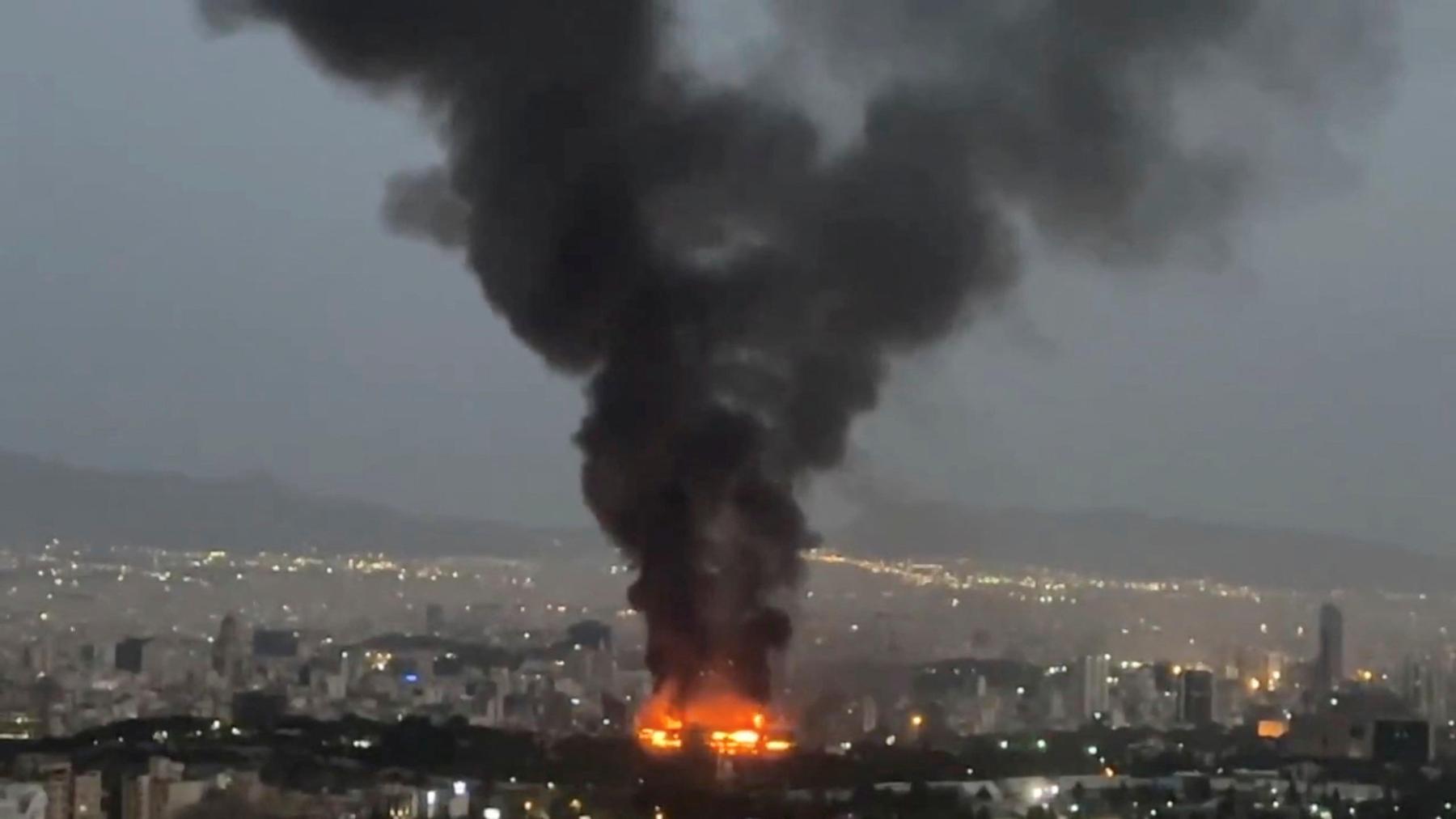The new war in the Middle East – Diepresse.com

Israel’s attacks on Iran are well received by domestic politics. Why Netanyahu is doing it now has to be clarified.
Israel killed high -ranking military and prominent representatives of the Iranian nuclear program on his air strikes on Iran. In addition, Israel has apparently further weakened Iranian air defense, hit additional military goals and attacked at least one of the systems related to the nuclear program – and possibly more.
Despite the assertion of Israel to have acted with pre -fold (i.e. an immediately expected military attack), the attacks are a classic preventive measure that was directed against a emerging threat and not against an immediate danger. This difference is legally and diplomatically relevant, since preventive military attacks are generally far more controversial and are considered – not out of direct necessity, but from strategic calculation. Pre -counterparts, on the other hand, are regarded as a form of self -defense and tend to be accepted as necessary.
Broad approval
For Israel, which has already carried out such attacks against Iraqi and Syrian nuclear programs in development in the past (albeit to a lower extent), these are probably without significant meaning. In addition, an action against Iran is also well received by domestic politics: it is one of the few issues that are deeply divided with most Israelis-which is deeply divided in terms of war in Gaza, the role of the courts in their democracy and the secularly religious balance of the country.
A notice:
Guest comments and contributions from external authors like this here do not have to correspond to the opinion of the editorial team.
Why Israel is doing this operation is still to be explained satisfactorily. The Israeli Prime Minister, Benjamin Netanyahu, himself said: « In the past few months, Iran has taken steps that he has never taken before – steps to make his enriched uranium. » However, it will be important to see whether the Israeli government has new intelligence findings or has only reached a new assessment of Iranian skills and intentions.
From the international atomic energy organization (Iaeo) We know that Iran has actively enriched uranium and did not provide any information about its atomic activities. However, US intelligence officers had been assessing their assessment in recent weeks that Iran had not yet decided to produce a nuclear weapon.
According to reports, which are largely based on statements of Israeli government agents, the United States knew in advance about the planned attack and did not try to prevent it. We will probably still find out whether they really gave the green or yellow light, but it seems almost certain that they have not shown red light as on other occasions in recent years.
How do the United States react?
Nevertheless, US government officials have tried to distance the Israeli campaign by declaring that Israel had acted one-sidedly, and made it clear that Iran should not attack US armed forces in response to it. To what extent the United States is ready to support Israel in future military actions against Iran or to strengthen the country’s ability to defend itself against Iranian retaliation measures is unclear. The prospects of reviving the nuclear negotiations between the United States and Iran, which, according to President Donald Trump, should continue seems low.
It is still too early to make a final assessment of the success of this operation. This assessment will depend on several factors, starting with the extent and the consequences of the damage. We do not know what has been achieved, how much time Iran will need to rebuild the lost and how deeply the military and nuclear leadership of Iran was shaken. A connected question is whether and how the attack on the control of the Iranian regime will have an impact on its country that the Israeli attack may weaken.
A second consideration concerns the extent of the future Iranian retaliatory measures. Iran’s first reaction was relatively modest: about a hundred drones were shot down towards Israel, whose defense Israel is well prepared. Afterwards, however, Iran fired several waves of ballistic rockets. The obvious question is what Iran will do against Israel and Israeli goals worldwide. However, it is anything but clear that Iran has attractive options in view of its proven weaknesses.
It also remains to be seen whether Iran against the United States, which has deducted many of its employees from the region in the expectation of retaliation, or will act against one or more of its Arab neighbors. Despite its ongoing efforts to improve relationships with the Gulf States, it cannot be ruled out that Iran will try to disturb the energy industry in the region. This would endanger his standing at the Golf, but at the same time drive up the oil price (which has already risen as a result of the Israeli attack), which would increase the West pain and possibly the Iranian income at a time when the sanctions, which is the subject of nuclear negotiations with the USA, would no longer be expected.
There is also the prospect of other Israeli military strokes against well -known and alleged nuclear facilities – a step of which both Netanyahu and Trump have announced that he will follow. In this case too, it would have to be checked what was achieved and what consequences this could have.
More questions than answers
Iran – who tries to prevent further attacks such as the youngest – will have to decide whether to double his nuclear trends, to rebuild his program in difficult systems and continue to work with the IAEO. The complexity of the situation is increased by the question of whether external partners – such as China, Russia and North Korea, all of which have experiences in the development of nuclear weapons – will provide help and how the United States and Israel will react in this case.
Before we can determine whether a military campaign was the best available strategy, we also have to learn more about what could have been negotiated and checked between the USA and Iran. This could affect political reactions in both Israel and Iran with regard to the question of whether the attacks could and should have been avoided.
At the moment there are more questions than answers what happened or could still happen. The only certainty is that this latest chapter is only at the beginning in the conflict -rich Middle East.
Translation: Jan Doolan.
Copyright: www.project-syndicate.org
« /> PS
The author
Richard N. Haass
(*1951) is a senior consultant at Centerview Partners and author of « The Bill of Obligations: The Ten Habits of Good Citizens » (Penguin Press, 2023) and the weekly newsletter « Home & Away ».






